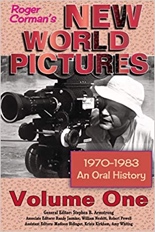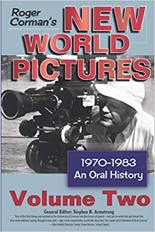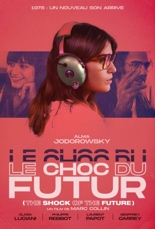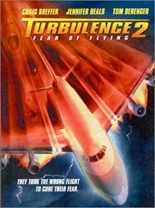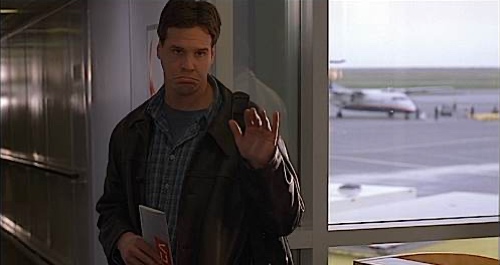
 I saw more flicks on cable in the ’80s than anywhere else, especially on HBO. One of those movies happened to be The Heavenly Kid, a twice-a-day film, typically catching it both in the late morning and early evening. I was that way with a lot of movies, mind you, but this one was, for the most part, different.
I saw more flicks on cable in the ’80s than anywhere else, especially on HBO. One of those movies happened to be The Heavenly Kid, a twice-a-day film, typically catching it both in the late morning and early evening. I was that way with a lot of movies, mind you, but this one was, for the most part, different.
Sure, it had the sex and drugs and all that, but it also had an early-’60s juvenile delinquent named Bobby (Lewis Smith) who, after a dragstrip race gone bad, comes back to earth to help a kid named Lenny (Jason Gedrick) become a world-class chick-scorer; he’s doing this all in the name of getting to “Uptown,” by the way.
But while Lenny is becoming the teen king — or, at least, the teen prince — of cool, Bobby learns that not only is Lenny his son, but Bobby has to grow up and, figuratively, become a man so his son will live to fight another day. When I was a kid myself, I thought that that was a neat little riff, but all grown up now, I can kind of see what director and writer Cary Medoway was trying to say.
I mean, sure, it was in a teen sex comedy, but there’s a lesson about maturity somewhere in there, I promise.
At the time of release, right after he appeared in the anachronistic sci-fi flick Buckaroo Banzai, Smith was poised to be a big name, only to star in the TV-movie version of David Bowie’s The Man Who Fell to Earth before fading into semi-obscurity. It’s kind of a shame, really, because he could’ve been a big star. At least I think so.
Instead, Gedrick, Jane Kaczmarek, Richard Mulligan and future starlet Nancy Valen — whom you may remember in infomercials for the Thigh Roller, Thin ’n Sexy Body Wrap and Kevin Trudeau’s Debt Cures “They” Don’t Want You to Know About — seemed to have any career. But, in the ’80s, this heavenly kid thought Smith was as cool as cool got, with this movie being an absolute revelation. —Louis Fowler



